Do you think that going meat-free means missing out on protein? Think again. From lentils to legumes, the plant kingdom is packed with powerhouse proteins ready to fuel your body.
इनके बारे में जानें
Proteins are the building blocks of our body. They are the reason behind our muscle regeneration and help speed recovery and gain strength. While animal protein helps maintain a well-balanced diet for most non-vegetarians, vegetarians often feel they have fewer choices, but that’s not true, as there are quite a few high-protein vegetarian Indian meals to choose from.
Understanding the importance of protein
Protein is essential in a vegetarian diet. Here’s why.
Why Protein is Essential for Health
According to a National Family Health Survey, 7 out of 10 Indians enjoy non-vegetarian food. A proper high-protein Indian diet is essential for everyone, and if your family is vegetarian, you must ensure that you have adequate options.
Benefits of Plant-Based Protein
In India, families that are thoroughly vegetarian may find it a little harder to create healthy and high-protein vegetarian Indian meals. However, plant-based proteins promote heart health, lower blood pressure, help in reducing weight, and improve the digestive system.
Top high-protein vegetarian foods
We have compiled a list of high sources of protein for vegetarians that can significantly benefit Indian vegetarian families.
Kidney beans – 7.5g protein / ½ cup
Kidney beans are full of protein, carbohydrates, and fiber. Paired with boiled or steamed rice, rajma-chawal is an all-time favourite dish for many Indians. It is a healthy, wholesome, high-protein Indian food that is tasty and enjoyed by all.
Chickpeas – 7.3g protein / ½ cup
Many nutritionists recommend chickpeas for vegetarians as a primary source of protein. They are high in protein and fiber while being low in calories.
Soy – 18-20g protein / cup
Soy is an excellent protein source for vegetarians. You can opt for soy milk or add tofu to your salads for extra flavor as well. Most packaged tofu and soy milk provide sufficient nutrients that are beneficial for vegetarians.
Dairy (Paneer, Greek Yogurt, Milk) – up to 14g / ½ cup
Protein is the residual byproduct of the cheese-making process from which yogurt is derived. It is easier to digest than milk and serves as a high-protein Indian food choice for vegetarians. Ensure no one in your family is lactose intolerant.
Beans and lentils – 9g protein / ½ cup
Indians can’t do without their dals. Lentils are a key part of nearly every meal in India and provide an easy, affordable way to boost fiber and essential mineral intake.
Green peas – 7g protein / cup
Green peas are high in protein. Mattar paneer is a popular winter staple, providing an extra boost of energy and protein.
Oats – 6g protein / ¼ cup
Oats, the superfood everyone loves, are rich in protein and soluble fiber. Additionally, its fiber content and low glycemic index help regulate blood sugar levels. You can enjoy it by mixing it with milk, a spoonful of honey, and almond toppings.
Sweet corn – 3.3g protein / 100g
Today, corn is widely cultivated and used to produce corn syrup and corn flour. Whether boiled, roasted, or steamed, sweet corn is a tasty snack that won’t raise your कोलेस्ट्रॉल लेवल.
H3: Seitan – 25g protein / 3.5 oz
Seitan, known as the ‘wheat meat,’ is a hidden gem among high-protein vegan foods. Made from wheat gluten, it is incredibly chewy and works well in mock meats.
Quinoa – 8g protein / cup
Quinoa is among the few plant-based sources that contain all nine essential amino acids. Replace rice with quinoa for a nutritious boost.
Amaranth – 9g protein / cup
Amaranth (Rajgira) is an excellent vegetarian, protein-rich food. It is also gluten-free, making it ideal for individuals with allergies.
Wild rice – 6.5g protein / cup
Unlike white rice, wild rice retains its bran. That’s excellent from a nutritional standpoint, as bran is rich in fiber and abundant in vitamins and minerals, including manganese, magnesium, copper, phosphorus, and B vitamins.
Mycoprotein – 13g protein / 100g
Mycoprotein is a non-animal protein sourced from Fusarium venenatum, a species of fungus. It is often used to create meat substitutes such as veggie burgers, patties, cutlets, and fillets.
Spirulina – 4g protein / tablespoon
This blue-green algae is certainly nutritious. It contains high levels of magnesium, riboflavin, manganese, potassium, and small amounts of most other nutrients your body requires, including essential fatty acids.
Buckwheat – 6g protein / cup
Buckwheat (कुट्टू) is often eaten during fasts and is an excellent, high-protein, meatless food option. Prepare dosas, rotis, or even porridge with it.
Spelt and teff – 10-11g protein / cup
Spelt, an ancient whole grain, is rich in fiber, iron, and magnesium, making it a nutritious base for salads, soups, or grain bowls.
Tiny but mighty, teff is a gluten-free Ethiopian staple rich in essential amino acids, calcium, and iron—ideal for porridge, pancakes, or baking.
Ezekiel bread and sprouted grain breads – 8g protein / 2 slices
Ezekiel bread is made from organic, sprouted whole grains and legumes. These include wheat, millet, barley, and spelt, as well as soybeans and lentils.
Sprouting grains and legumes boosts their healthy nutrient content. It lowers their levels of antinutrients, which are compounds that can impact your body’s absorption of certain vitamins and minerals.
Flaxseeds – 5g protein / 2 tbsp
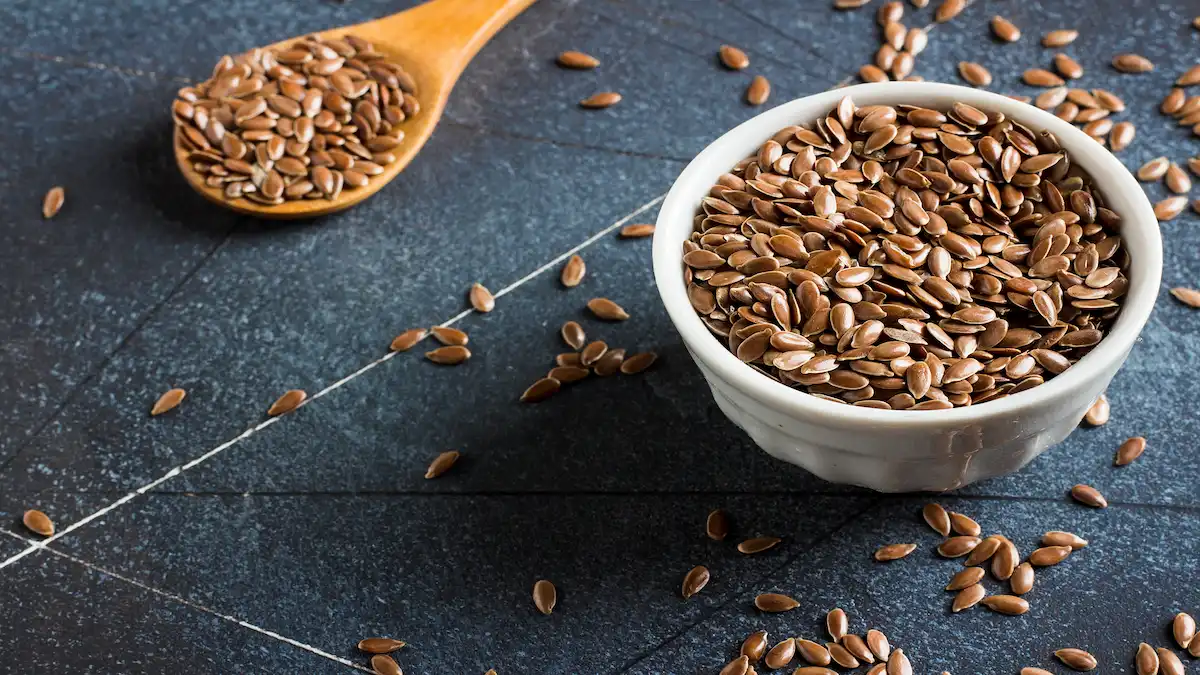
Flaxseeds make a wonderful addition to smoothies, salads, and rotis. Additionally, they are rich in heart-healthy omega-3s.
Hempseeds – 9.5g protein / 3 tbsp
Hemp seeds provide all essential amino acids. Sprinkle them on salads or incorporate them into your chapati dough.
Pumpkin seeds – 7g protein / ounce
Pumpkin seeds are crunchy. You can snack on them raw or roast them for added flavor.
Almonds – 6g protein / ounce
Almonds make a fantastic snack for people on the go, but it’s important to eat them in moderation since they are calorie-dense.
Peanuts – 7g protein / ounce
Whether in peanut butter, chutney, or roasted form, peanuts are fantastic, protein-rich foods that vegetarians can rely on.
Why you shouldn’t stick to just one protein source
Consuming the same kind of protein daily isn’t ideal because:
Different proteins have different amino acid profiles
Your body requires all nine essential amino acids, and few vegetarian sources provide them (with quinoa and soy being notable exceptions).
Variety ensures better absorption
Some proteins are absorbed more quickly than others, so mixing them ensures sustained muscle repair and growth.
Diversity prevents nutrient deficiencies
Every food contains various vitamins and minerals—varying your choices helps maintain a balanced diet.
Common myths
Here are some common myths about vegetarian protein that are circulating. However, they are false, and you should be aware of the truth behind them:
1 Vegetarians don’t get enough protein.
This is the biggest myth! By combining lentils, legumes, nuts, seeds, dairy, and grains, vegetarians can easily meet their daily protein needs. Even athletes can thrive on a well-planned plant-based diet.
2 Only soy is a complete protein.
While soy products are excellent high-protein vegan foods, they aren’t the only sources of complete protein. Quinoa, amaranth, hemp seeds, and even a mix of dal and rice can provide all the essential amino acids.
3 More protein = better health.
Excessive protein intake, particularly from restricted sources, can strain digestion and may lead to deficiencies in other nutrients. The goal is balance—mix various protein-rich vegetarian foods like lentils, dairy, and nuts for optimal nutrition.
4 Plant protein isn’t as effective as animal protein.
Quality is more important than the source. When combined wisely, high-protein meatless foods provide the same muscle-building benefits as meat, without the unhealthy fats and cholesterol.
Balancing a high-protein vegetarian diet
Maintaining a high-protein vegetarian diet is all about variety and smart food choices. Unlike animal proteins, most plant-based sources don’t contain all nine essential amino acids, so mix and match foods like legumes, whole grains, nuts, seeds, and dairy (if included) to create complete proteins. Including a wide range of high-protein ingredients such as lentils, quinoa, tofu, tempeh, chickpeas, and grains like spelt or teff helps ensure your body receives the nutrients it needs for muscle repair, energy, and overall health.
Plant-powered living
While vegetarian diets can sometimes fall short on essentials like vitamin B12—leading to fatigue and weakness—being mindful of protein intake can bridge that gap. For vegetarian families in India, the key lies in making smart, flavorful choices. By incorporating various high-protein foods into daily meals, you can stay energized, nourished, and thriving.
FAQs about protein sources for vegetarians
Got questions about getting enough protein on a vegetarian diet? These FAQs break down everything you need to know about plant-based protein sources.
- जानें best protein sources for vegetarians?
Some plant-based foods, including soybean products, seitan, beans, and lentils, are high in protein. You can also find protein in nuts, whole grains such as quinoa and amaranth, and hemp seeds. Individuals adhering to a vegetarian diet may need to plan ahead to achieve their daily protein targets.
- Can I get enough protein as a vegetarian?
Absolutely! As a vegetarian, you can definitely meet your protein needs by including a variety of plant-based sources like legumes, lentils, tofu, tempeh, dairy, nuts, seeds, and whole grains. Eating a well-balanced mix ensures you get all the essential amino acids your body needs.
- Which plant-based foods help in building muscle?
Plant-based foods that support muscle building include protein-rich options like tofu, tempeh, lentils, chickpeas, quinoa, edamame, soy milk, seitan, and various beans. Nuts, seeds (like chia, hemp, and flax), and whole grains (such as oats, spelt, and brown rice) also contribute valuable protein, healthy fats, and essential nutrients.
- How can I increase protein intake without soy or dairy?
Focus on legumes, seeds, nuts, and grains like quinoa and amaranth. Also, try high-protein vegetarian foods like seitan and hemp seeds.
- What are complete protein sources for vegetarians?
Complete protein sources include all nine essential amino acids that your body cannot produce on its own. While most plant-based foods are incomplete, some vegetarian options are complete proteins, including:
- Quinoa
- Soy products (tofu, tempeh, edamame, soy milk)
- Buckwheat
- Chia seeds
- Hemp seeds
- Amaranth
- Spirulina
- Mycoprotein
You can also create complete proteins by combining foods, like rice with lentils or peanut butter on whole grain bread. These combinations deliver all essential amino acids and make vegetarian eating both delicious and nutritious.
Key Takeaways
- Plant-based proteins support heart health, reduce blood pressure, and assist with weight management.
- Some vegetarian high-protein sources include kidney beans, soy, almonds, mycoprotein, and buckwheat.
- You shouldn’t rely on a single protein source, as different proteins have varying amino acid profiles, and incorporating variety ensures better absorption.
Stay tuned to the Activ Living Community. Keep up to date with the latest health tips and trends through expert videos, podcasts, articles, and much more on पोषण, फिटनेस, सचेतन, और लाइफस्टाइल से जुड़ी बीमारियां like Asthma, Blood Pressure, Cholesterol, and Diabetes. Activ Living ke saath sahi sehat ki shuruat ABHI karo.
You may also be interested in the following blogs:
Popular Searches
How to lower blood pressure | Fruits good for liver | Unhealthy foods | रागी के लाभ | बेसल मेटाबोलिक रेट | हाई ब्लड प्रेशर के लिए एक्यूप्रेशर पॉइंट्स | Ayurvedic medicine for blood pressure | How to control cholesterol at home | Homeopathy for Asthma | Biological Age | Home remedies for TB | Natural beta blockers | Negative effects of internet | Types of walking | ब्लड प्रेशर कैलकुलेटर | ब्लड शुगर कैलकुलेटर | BMI कैलकुलेटर





 1800-270-7000
1800-270-7000

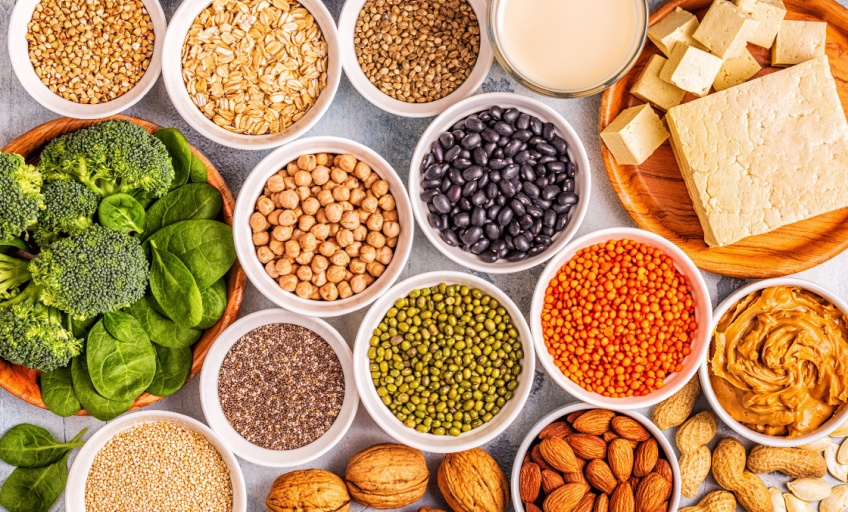
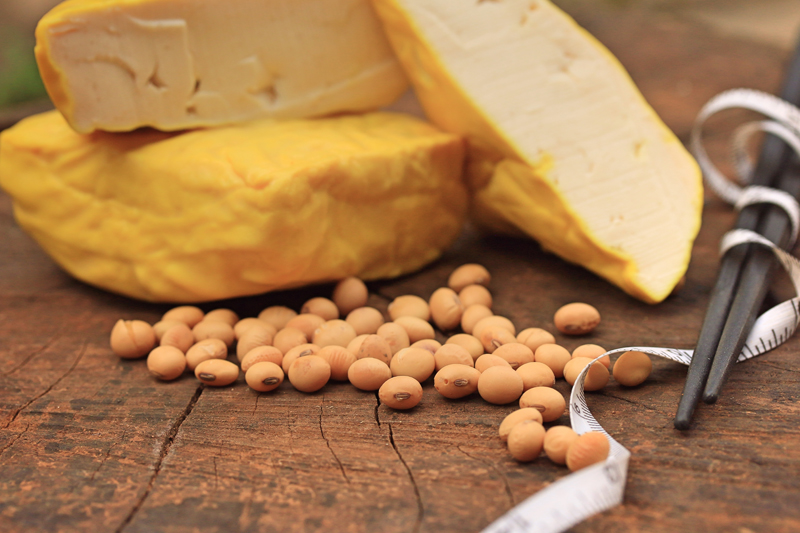
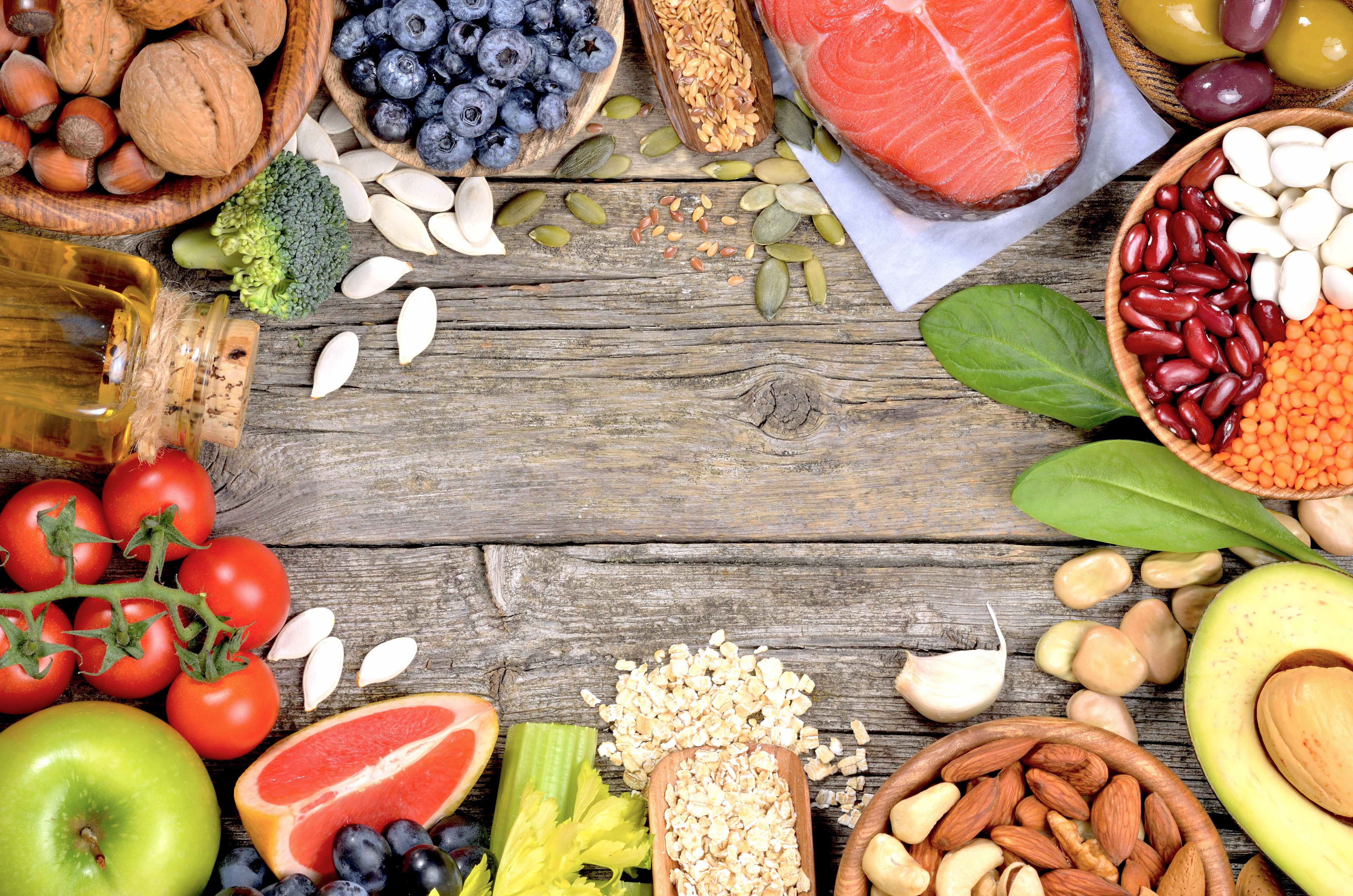
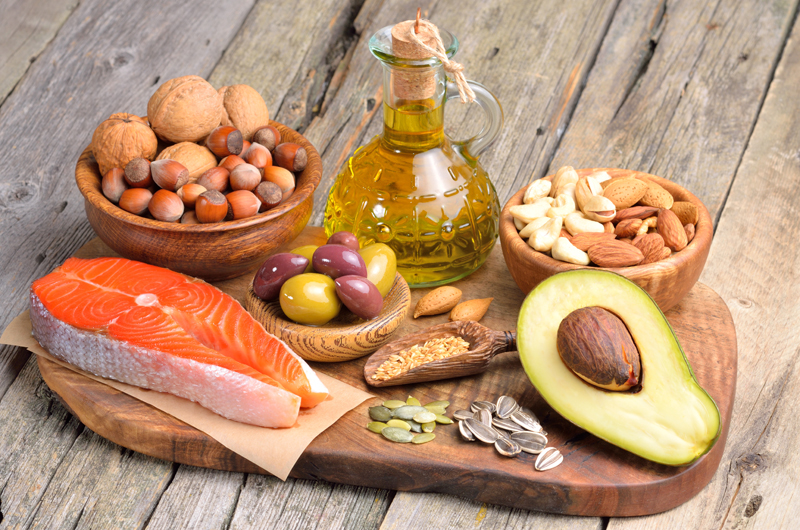
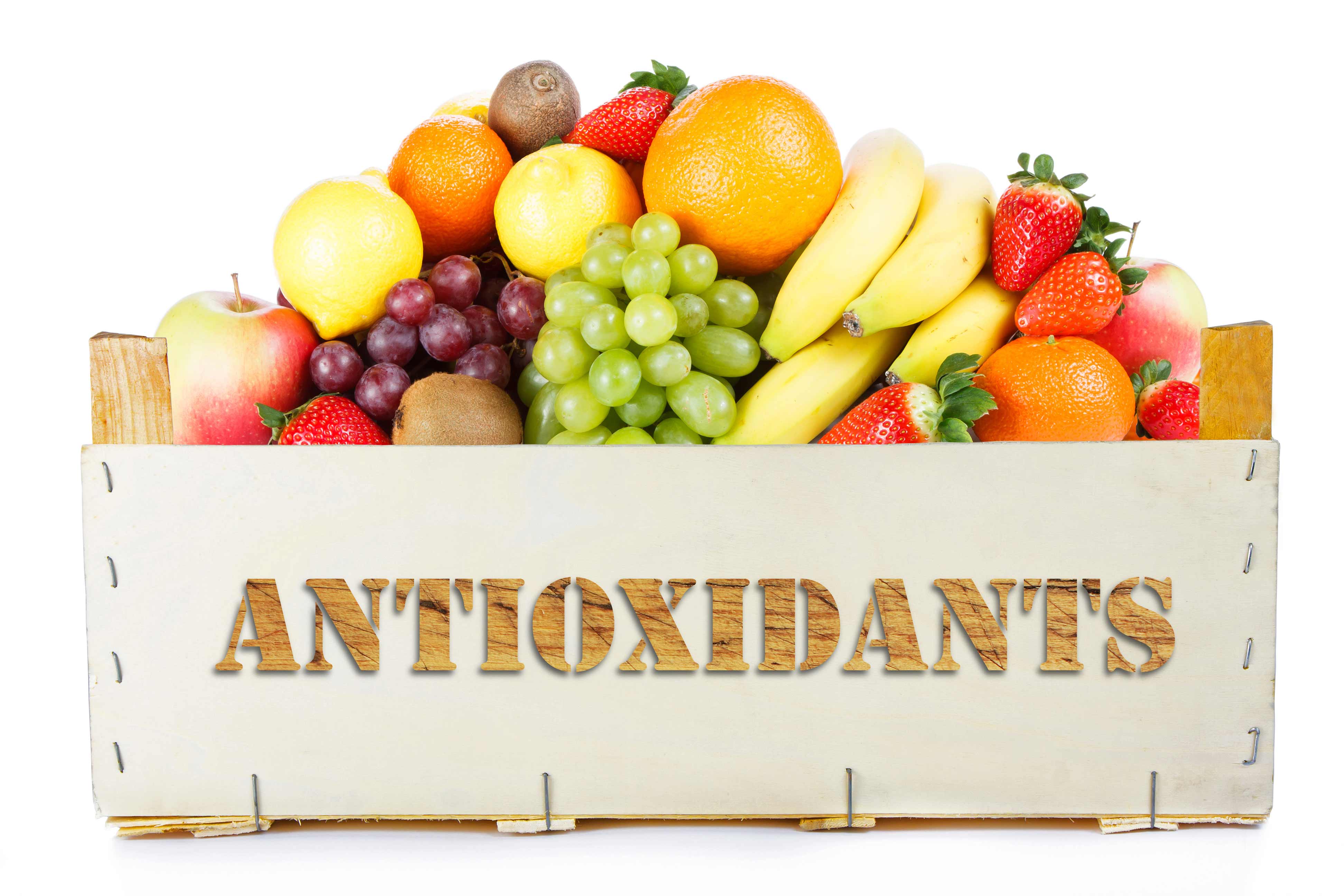
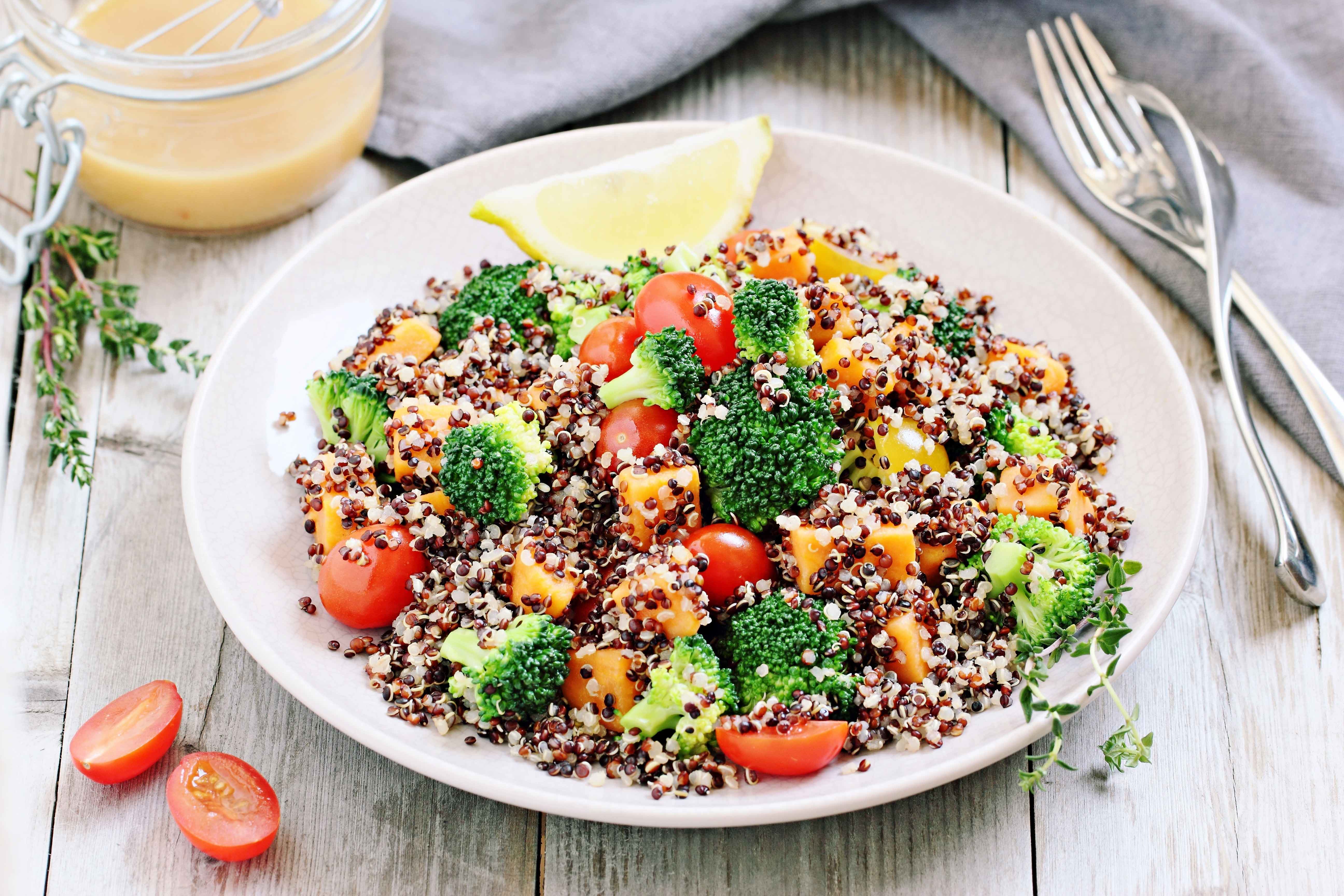
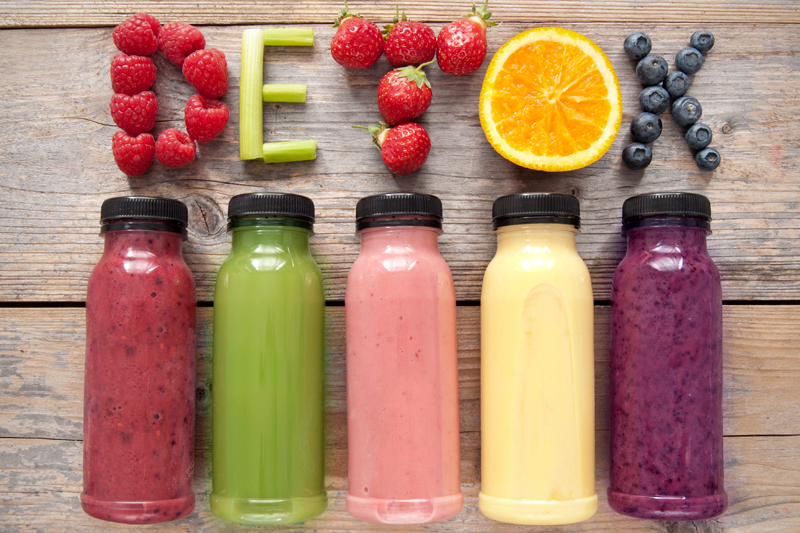
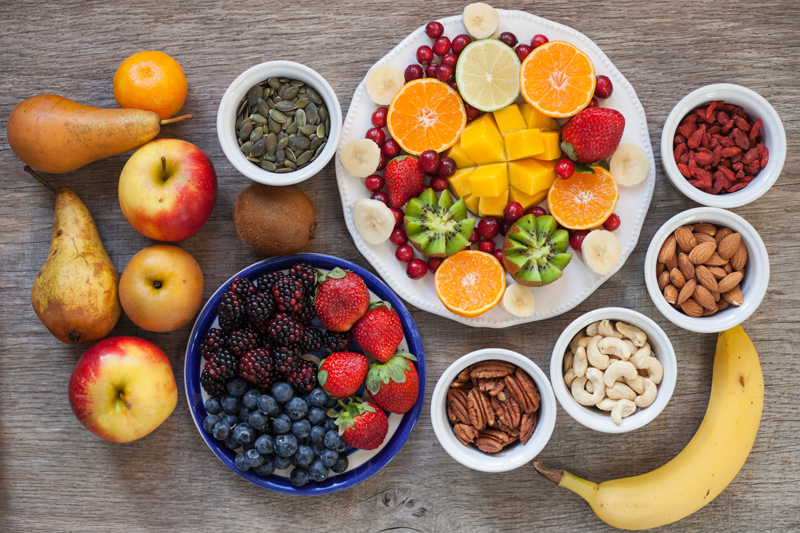
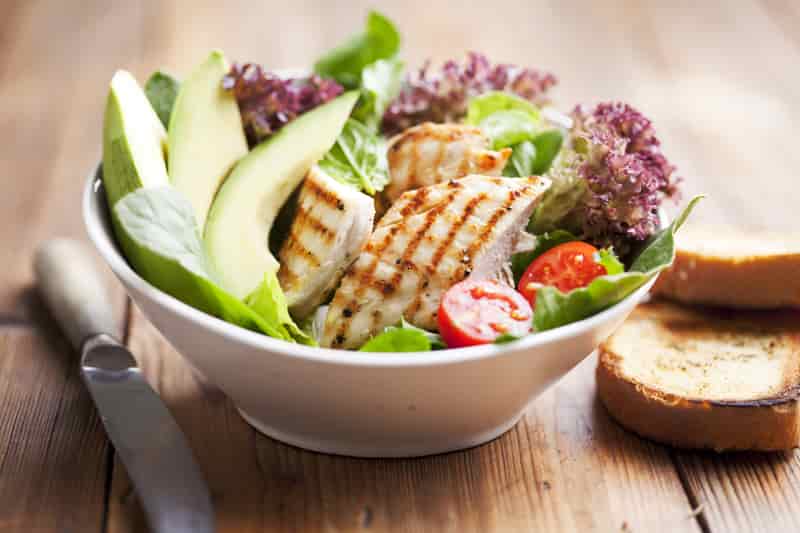
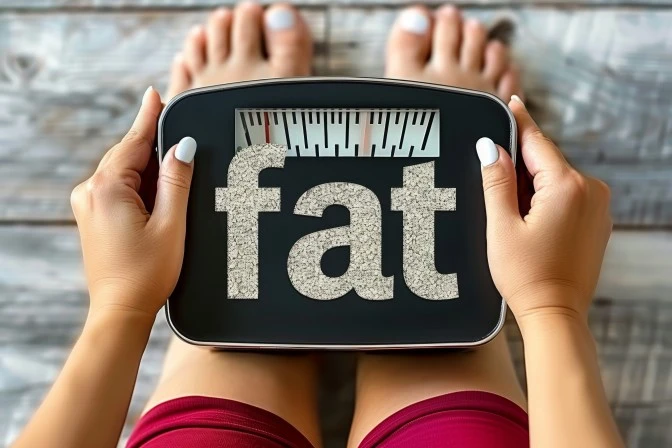
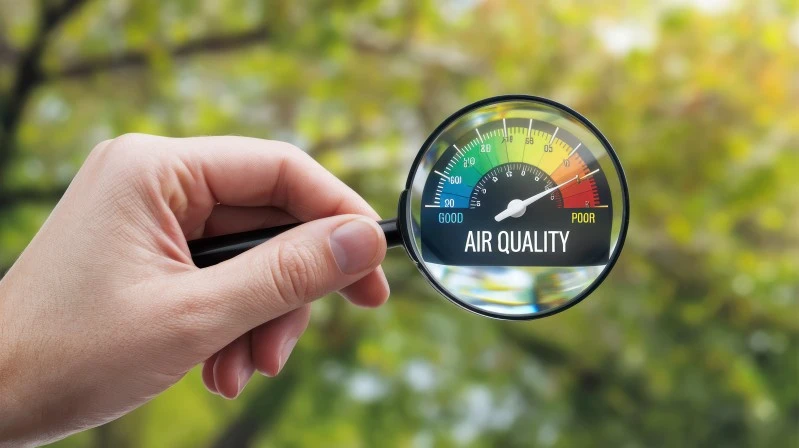

I’ve been exploring for a bit for any high quality articles or blog posts on this sort of house .
Exploring in Yahoo I ultimately stumbled upon this site.
Reading this information So i’m glad to show that I’ve an incredibly excellent uncanny feeling I discovered exactly
what I needed. I such a lot definitely will make certain to don’t put out
of your mind this web site and give it a look regularly.
Article writing is also a excitement, if you know after that
you can write otherwise it is difficult to write.
I visited a lot of website but I think this one holds something extra in it.
Every weekend i used to visit this site, because i wish for
enjoyment, since this this web page conations genuinely good funny stuff
too.
hey there and thank you for your information –
I’ve definitely picked up anything new from right here. I did however expertise several technical issues
using this website, since I experienced to reload the website
a lot of times previous to I could get it to load correctly.
I had been wondering if your hosting is OK? Not that I
am complaining, but slow loading instances times will often affect your placement in google and could damage your quality score if ads and
marketing with Adwords. Anyway I’m adding this RSS to my email and can look
out for a lot more of your respective intriguing content.
Make sure you update this again soon..
Wow, this article is pleasant, my younger sister is analyzing these
kinds of things, so I am going to let know her.
Some truly nice stuff on this internet site, I enjoy it.
Unquestionably imagine that that you said. Your favorite justification seemed to be at the net
the easiest thing to remember of. I say to you, I certainly get annoyed whilst people think about worries that they just do not recognise about.
You managed to hit the nail upon the highest and defined out the
entire thing with no need side effect , other folks could take
a signal. Will probably be back to get more. Thank you!
Wow! This could be one particular of the most useful blogs We have ever arrive across on this subject.
Actually Excellent. I’m also a specialist in this
topic therefore I can understand your hard work.
Thank you, I have recently been searching for info approximately this subject for ages and
yours is the greatest I’ve discovered till now.
However, what concerning the bottom line? Are you certain about the source?
Hi there, just became alert to your blog through Google,
and found that it’s really informative. I am gonna watch out for brussels.
I?ll appreciate if you continue this in future. Numerous people will be benefited from your writing.
वाह!
I need to to thank you for this very good read!! I definitely enjoyed every little bit of it.
I have got you bookmarked to look at new things you post?
Someone essentially help to make critically articles I would state. This is the very first time I frequented your website page and up to now? I surprised with the research you made to create this actual submit extraordinary. Wonderful job!
I really like and appreciate your blog.Really thank you! Really Great.
Very nice post. I found your site via Google even as looking for a related matter, I’ve truly enjoyed your blog posts. Thanks for sharing this type of useful information. A must-read this article!
I really like and appreciate your article post. Really Great.
I really liked your blog article.Much thanks again. Keep writing.
Thanks for the complete information. You helped me.
This design is steller! You definitely know how to keep a reader amused.
Between your wit and your videos, I was almost moved to
start my own blog (well, almost…HaHa!) Wonderful job. I really loved what you had
to say, and more than that, how you presented it.
Too cool!
Hello there! This blog post could not be written any better!
Awesome blog!
Quality posts is the crucial to interest the users to visit the website, that’s what this site is providing.